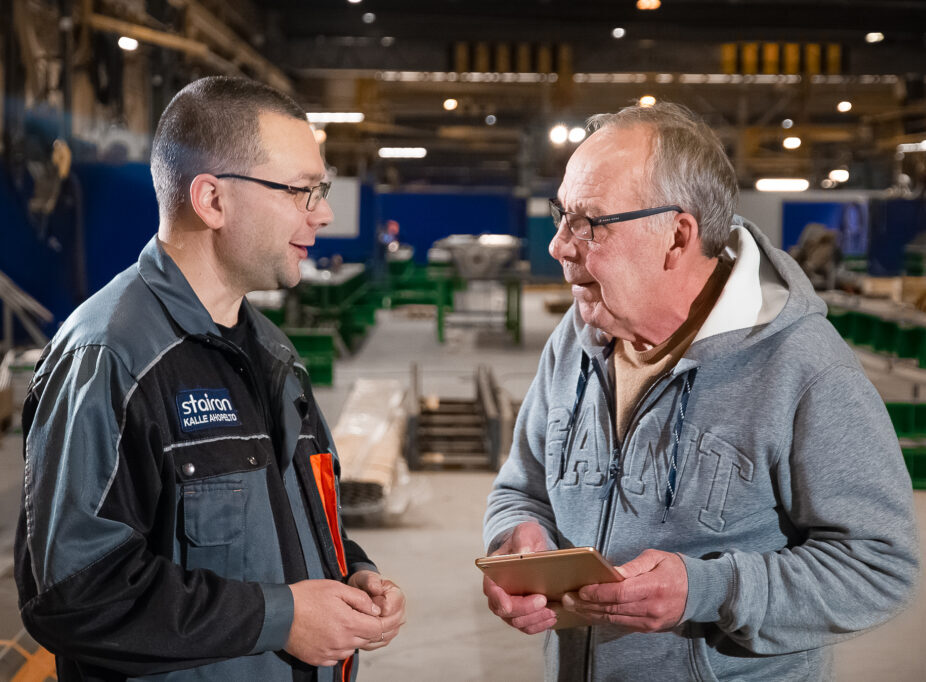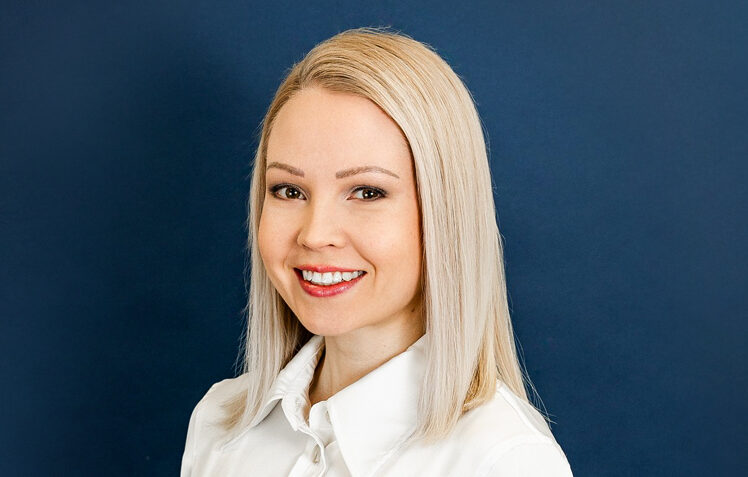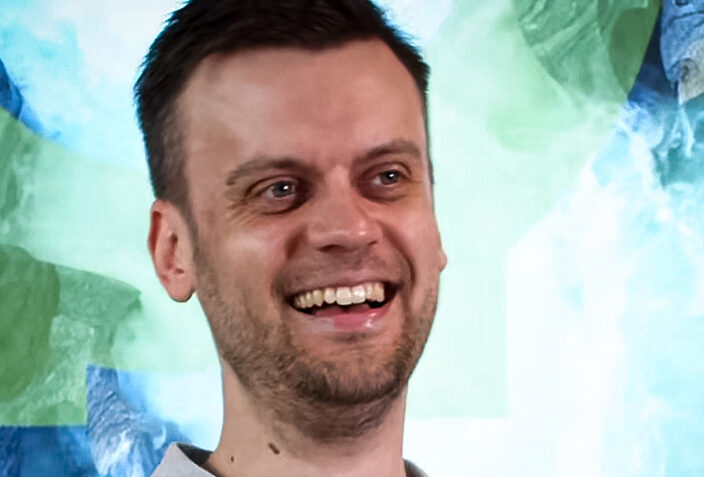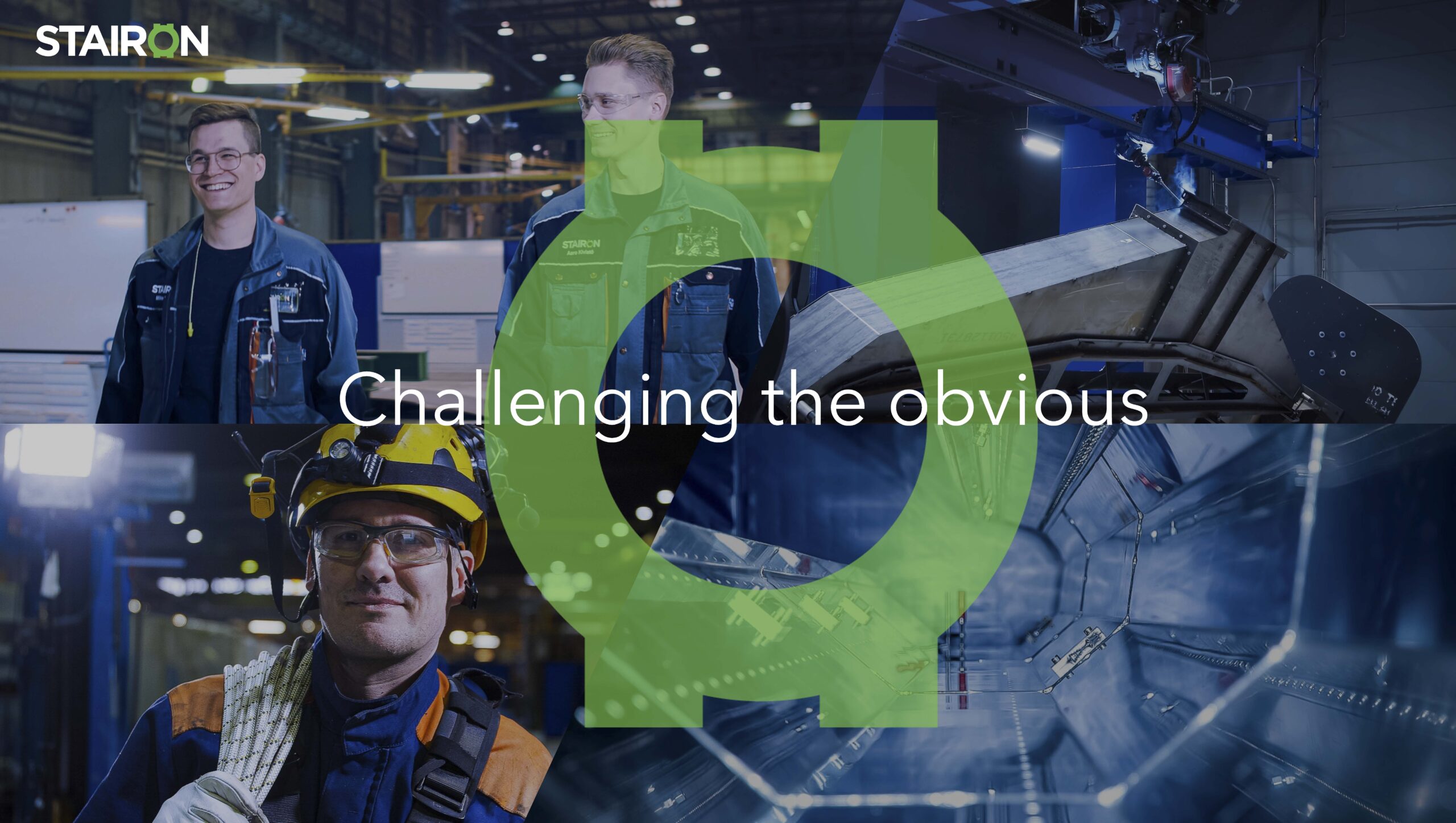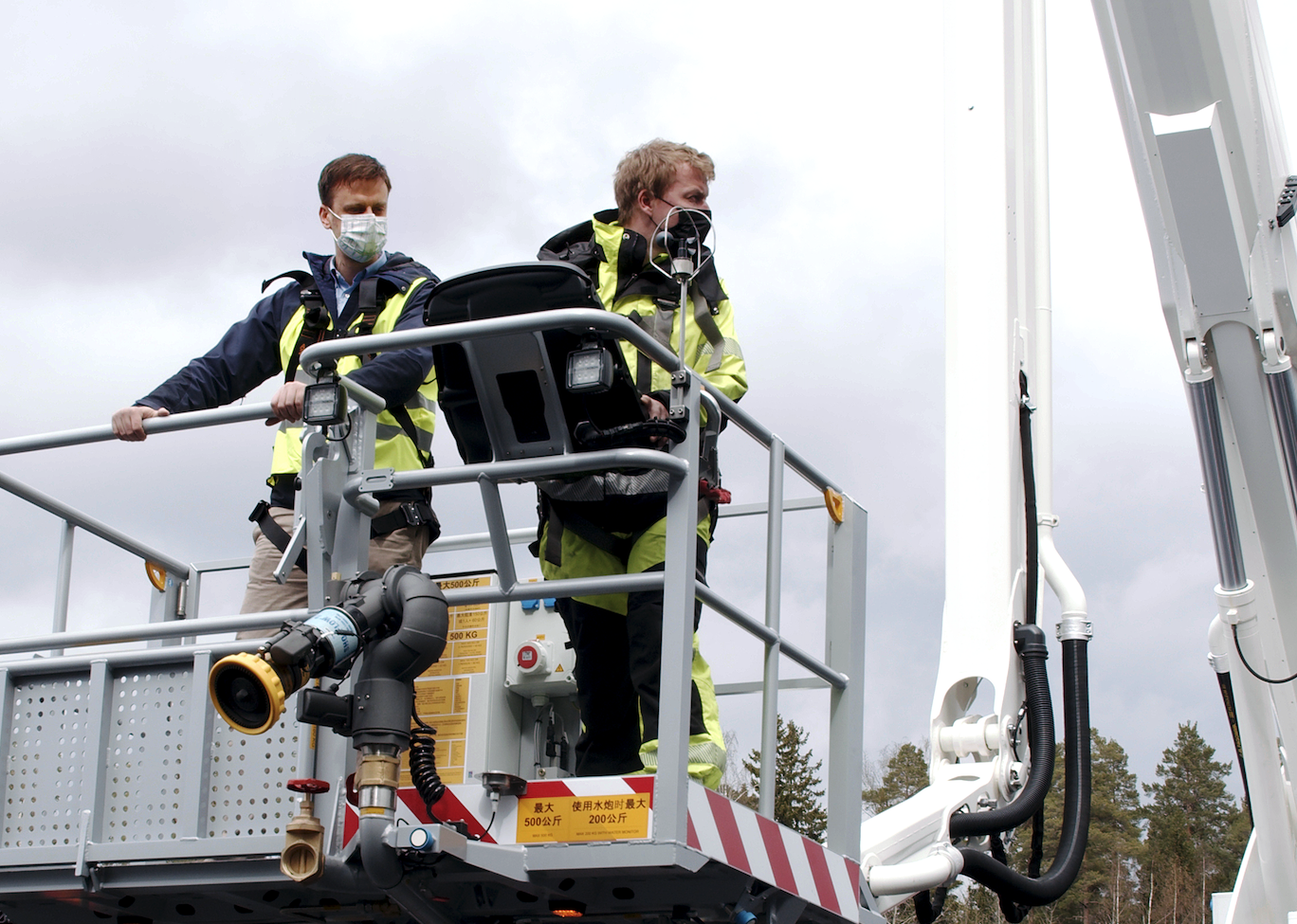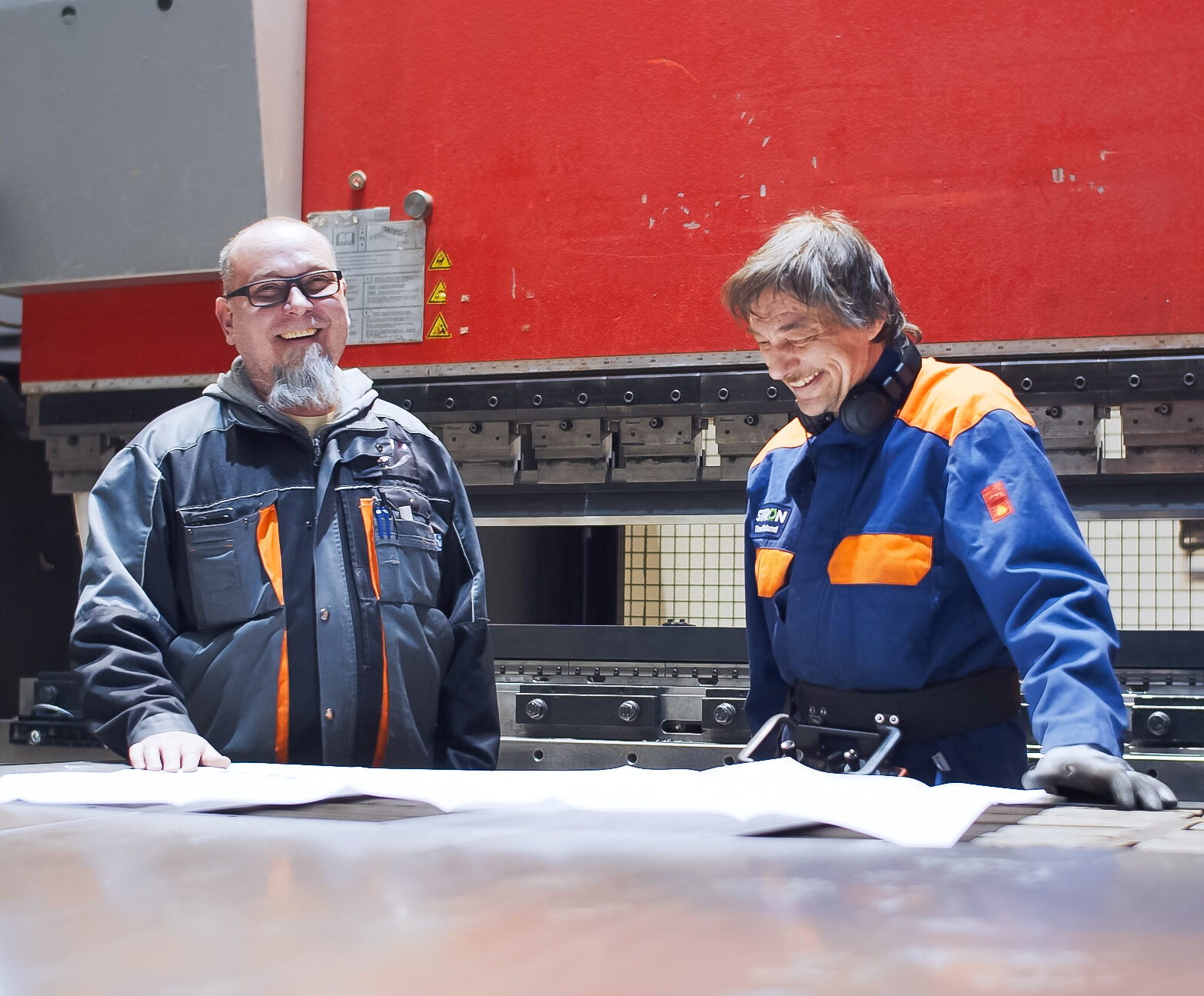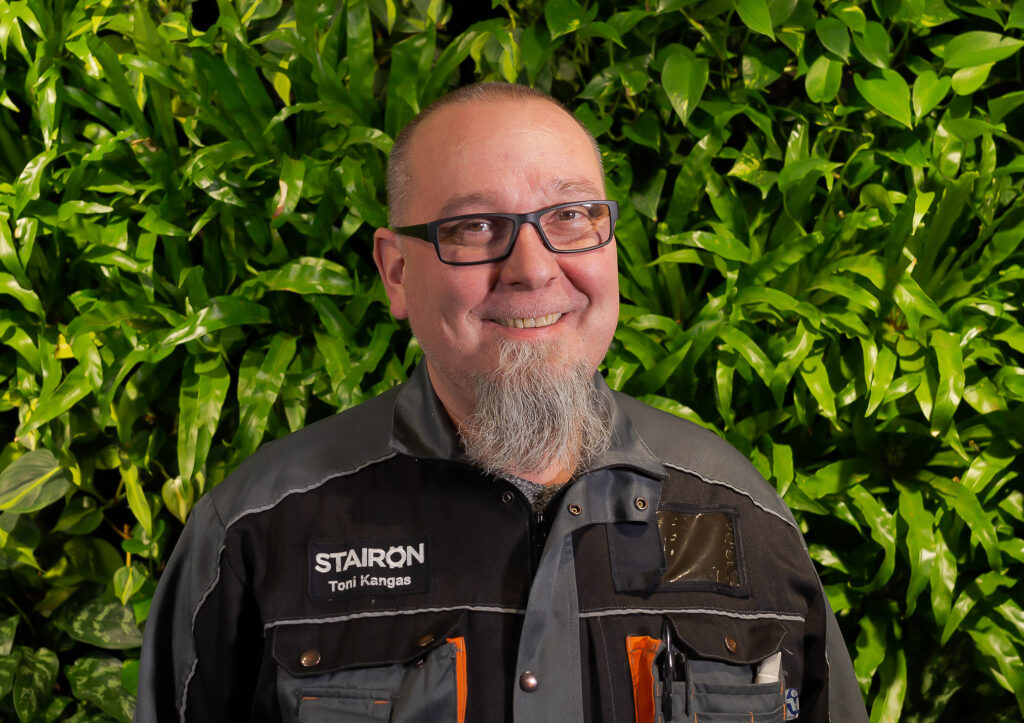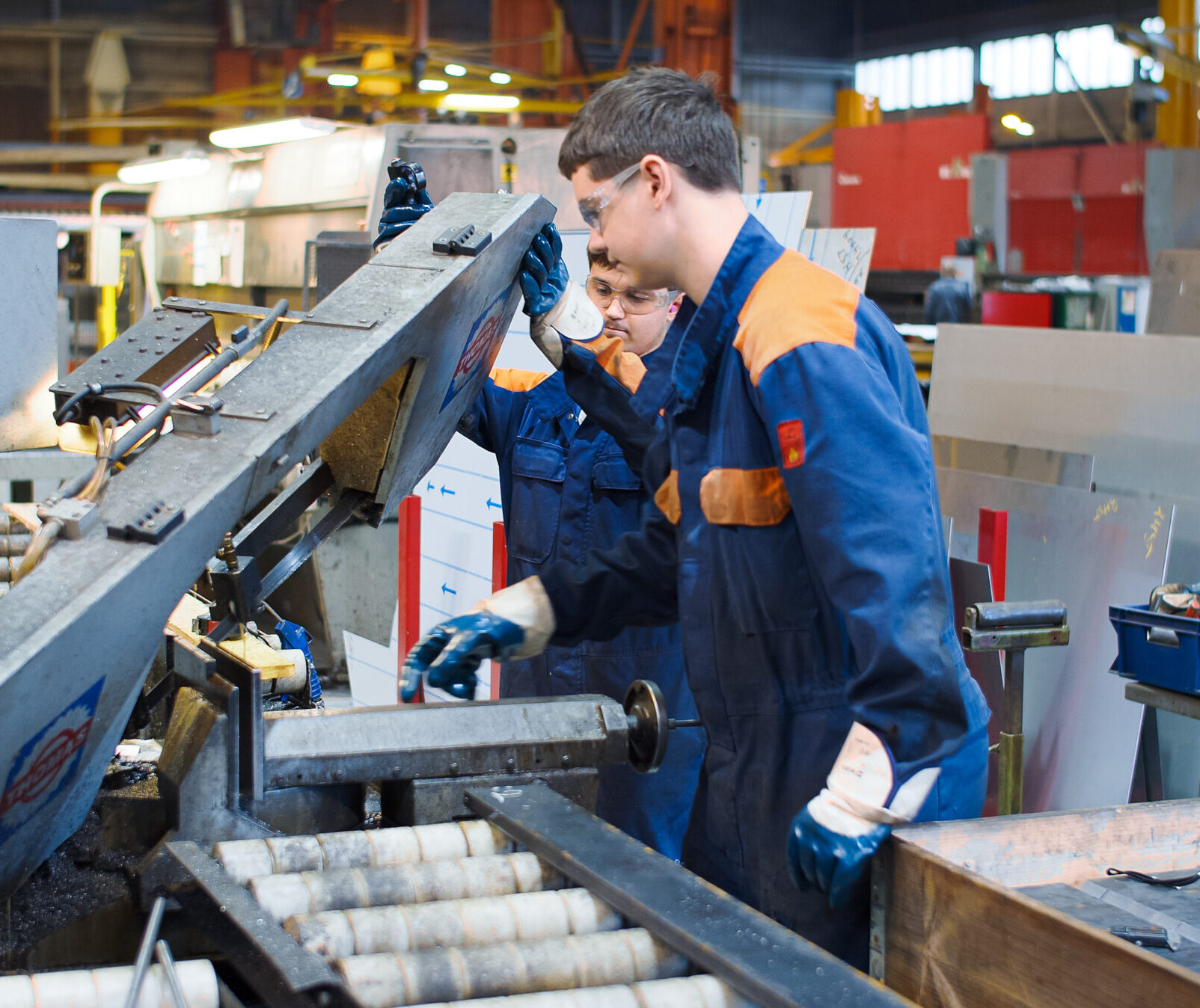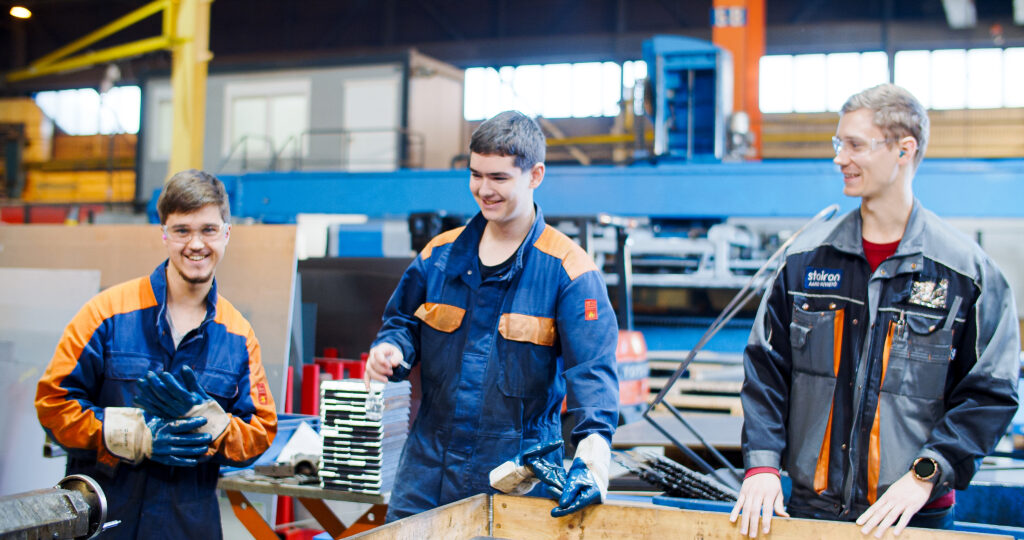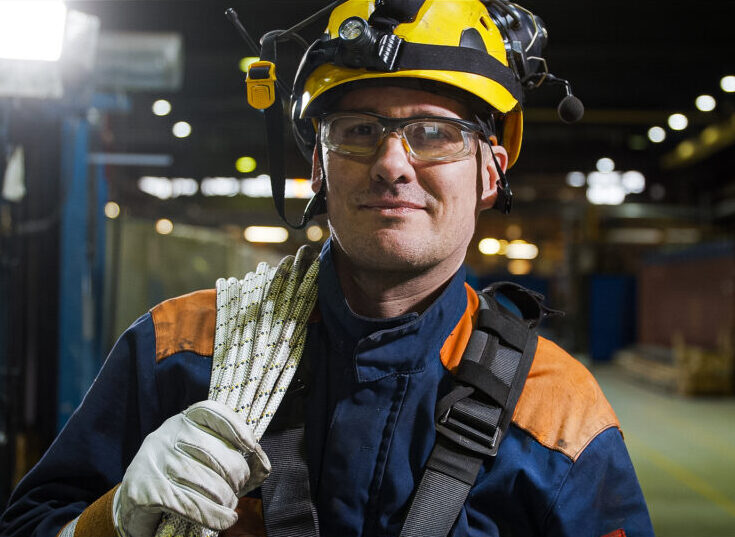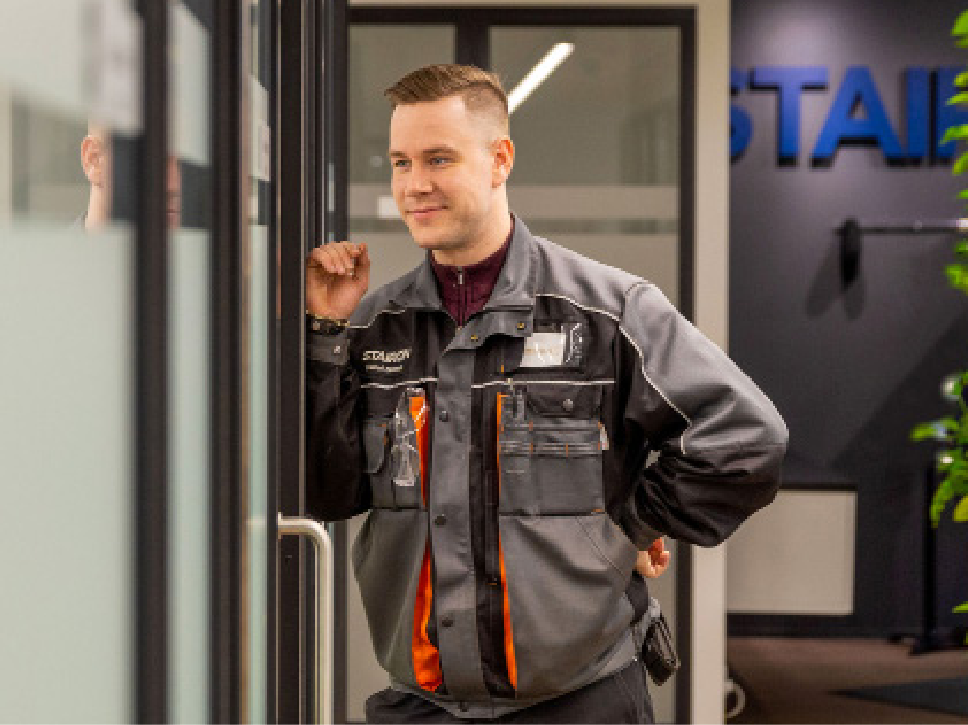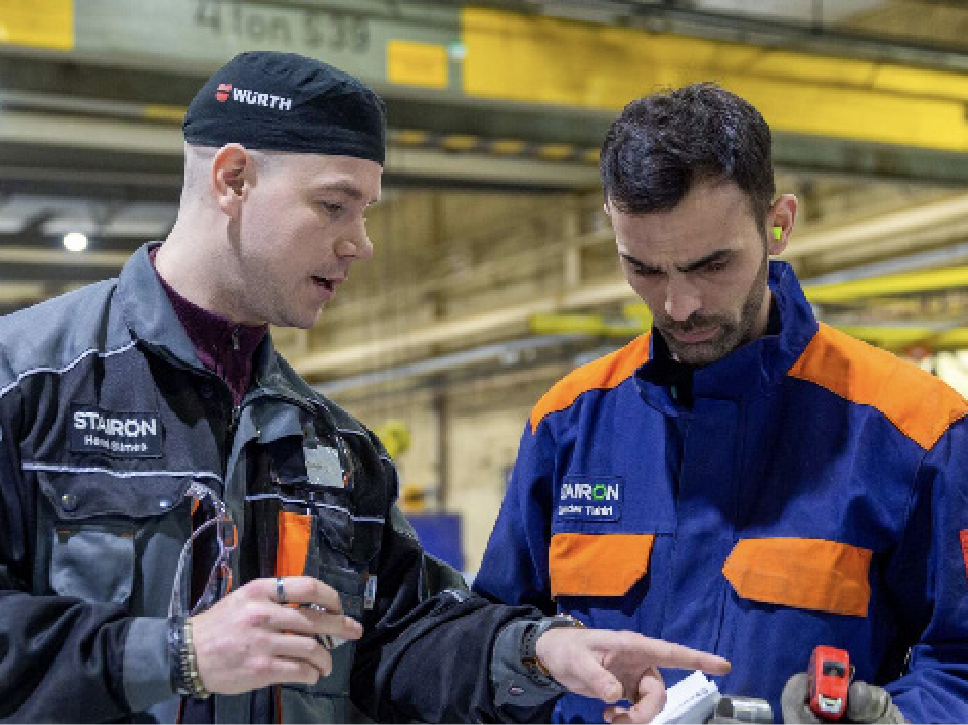In August 2020, foreman Kari Lintuvuori retired from his job at Stairon’s aluminium department. He has not left Pansio, however. In his new role as a senior advisor, he helps the new supervisory staff. His long career has taught that tacit knowledge must be passed on to the successor.
“This team is a kind of a brotherhood – I couldn’t just suddenly quit it. It takes me seven minutes to drive from home to work. I need to drop in here every now and then to see how things are going”, Kari Lintuvuori explains.
Senior Advisor – part of Stairon’s strategy
Kari Lintuvuori now serves as a Senior Advisor at Stairon. It means that in his retirement, he is committed to the development of the operation as he passes on his expertise to younger specialists of the future. The role of the Service Advisor and supporting it are part of Stairon’s strategy. Stairon has many experts with long careers, whose know-how is worth its weight in gold. This so-called tacit knowledge is something the company wants to foster.
Project Director Kalle Ahopelto, who has been receiving advice from Kari Lintuvuori, feels that the help of the Senior Advisor is especially important in his own work.
“It has been easier to join the group with an experienced and skilled person as a guide and advisor. I have received thorough answers to every question I have asked, often accompanied by a story from years past that touches upon the subject.”
Information related to carrying out projects is seen as especially helpful in pushing the work forward.
“The greatest benefit has been Kari’s knowledge of what we must and should take into consideration, or what we should do early enough before the start of the project”, Kalle Ahopelto says.
A man taught by his work
During Kari Lintuvuori’s career, his line of work and the business in general have changed dramatically. For example, in the 1970s, military service was tantamount to resigning, which is why the shipyard refused to hire him afterwards. But being a plucky sort of guy, he walked straight to the shop steward and ended up getting a job at the Pansio factory of Valmet Paper Machines. When there was no more work at the packing plant, Kari Lintuvuori asked the department engineer for other work.
“Much like Rokka in the war novel The Unknown Soldier, I asked if they needed someone who could do the job well. I went to Hall 6 where they needed help in welding beams that were 13 metres long.”
Kari Lintuvuori was interested in welding and he went on to complete the training of a welding advisor at Laitila. After that he was hired to weld sheet metal.
“The helper boy system of the 1970s was practical. You could see what kinds of jobs were interesting and you could learn on the job. Gradually, as my skills increased, I got to do the work on my own.”
The 1990s gave Kari Lintuvuori opportunities to work in projects both in Finland and abroad. Paper machines and wood dryers had to be installed and repaired.
In the 1990s Kari Lintuvuori also noticed inadequacies in work planning at the workshop.
“The products were more complicated, and the tolerances were stricter. Working methods needed to be more systematic, and this was achieved through work planning”, he explains.
The group produces the results
In the late 1990s and early 2000s corporate mergers and deals changed the name of the workplace a few times. First, with the merger of Valmet and Rauma in 1999, production was outsourced, and the name was changed to Metso Paper Turku Works. Then in 2009 Metso sold all the shares of the factory to Stairon.
“At that point, product-based teams were established and I was selected to lead one of them.”
Later he was named foreman. Kari Lintuvuori feels that as foreman, the input of the whole team is the most important.
“It’s the team that produces the result. And the work ethic here is high. The task of the supervisory staff is to supervise, serve, and help”, he says.
Kari Lintuvuori believes that his extensive career experience helped him as a supervisor.
“It is important to understand the big picture and to know how things operate in practice. Taking my own path has been important. The work taught me. During my career I had more than ten different kinds of supervisors, one of whom served as an example to me. I also wanted to be a good example and pass on the tradition”, he says.
